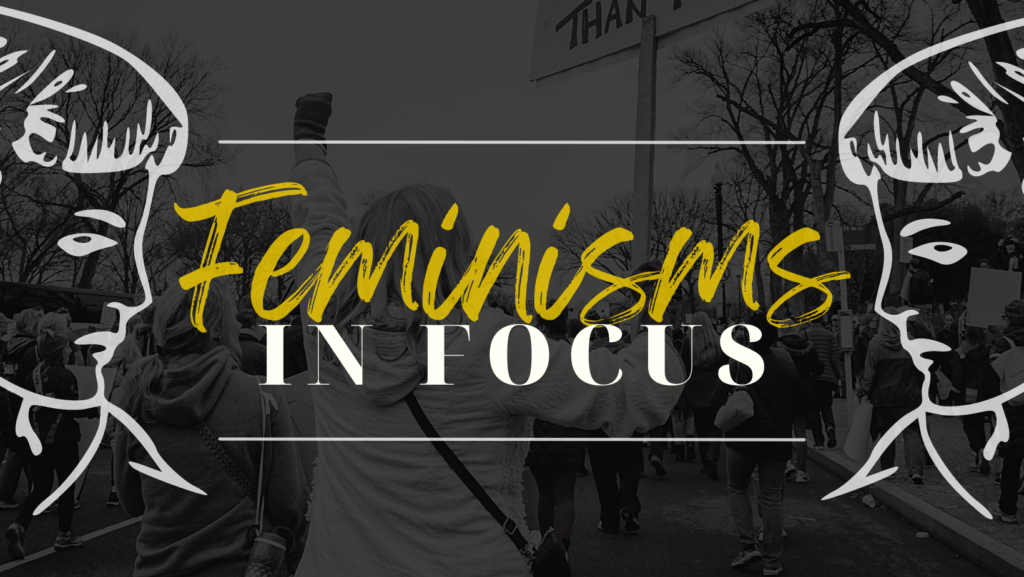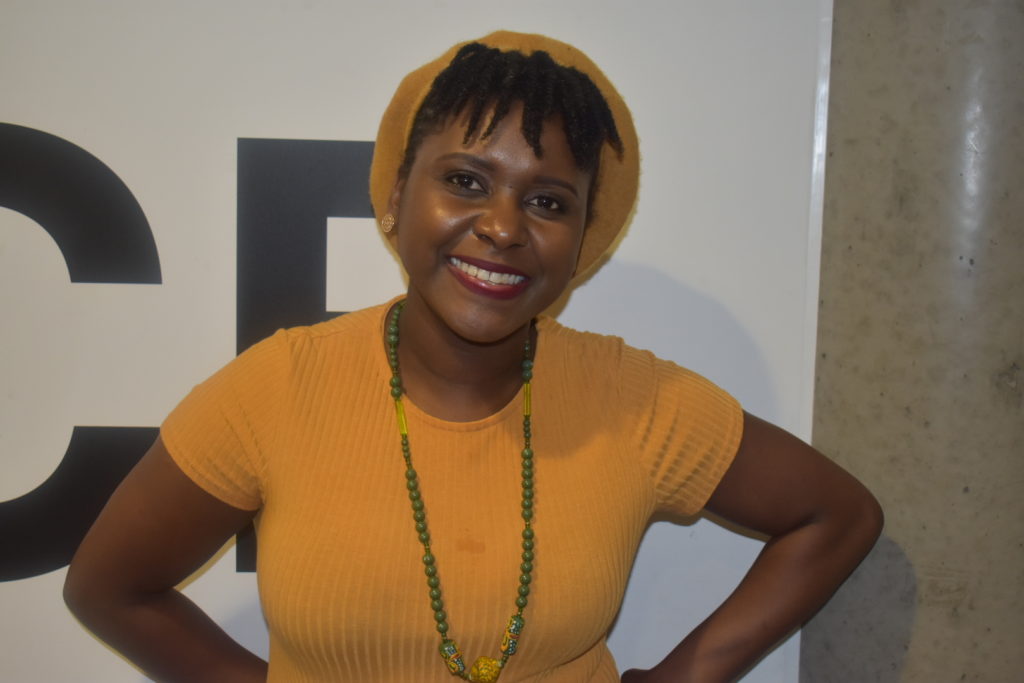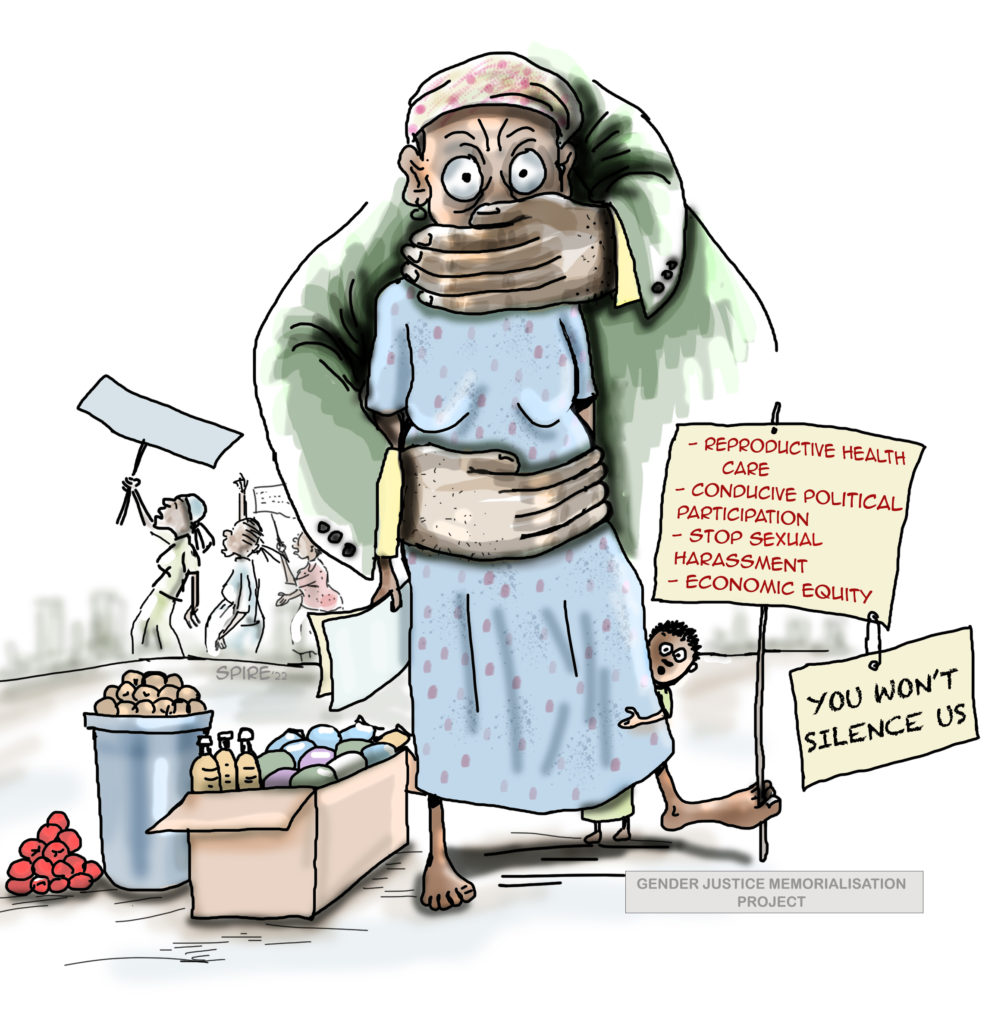Interview by Elaine Coburn

Dr. Ruth Murambadaro, your work is concerned with “echoes of resistance” among women in Zimbabwe, women who are not always able to express themselves directly in the ongoing context of patriarchal authoritarianism. What does the concept of echoes of resistance evoke for you, in Zimbabwe today, and how does this concept inform your research?
Much of the work that women and women-led organizations are doing in Zimbabwe is not in the public domain. Women’s political work exists as echoes of more formal, more visible ways of resisting authoritarian state practices. In my research, I have sought to understand these unrecognized spaces, the ways that women have contributed to processes of state-making and created their own narratives, despite the fact that their voices are overwritten by masculine stories about the creation of the state.
I am a woman from Zimbabwe myself, part of the post-colonial “born free” generation, so I have a stake and a claim in reshaping the narratives of the Zimbabwean state to take into account women’s personhood.
In Zimbabwe, as in other African nations, the post-colonial state was born out of defiance. Under colonialism, the Black majority population — in fact any element of the population that defied the colonial government — was denied many basic rights. The masses rose in protest against the colonial regime and demanded a role in the political process, insisting on their right to control their own political destiny. Since national liberation in 1980, the new government’s internal conflicts have created many new problems and new forms of repression, including the excessive use of force against ordinary people who protest against rising cost of living, gender-based violence, and the corruption of government officials.
It is in this context that my study focuses on women and their defiance of the state in an effort to make these acts visible and understand the meanings that they give to their agency. How can we make sense of women’s activism and their own understandings of their struggles for their rights in Zimbabwe? These are the questions that are guiding my research, informed by my desire to listen to and amplify the echoes of resistance we hear in women’s political work, too often overlooked.
Since independence, what is the role of women in formal politics in Zimbabwe and how does this contrast with their agency in informal politics, outside of state institutions?
Since independence, women have been underrepresented in formal politics. In Zimbabwe, only 11.5% of the cabinet are women and among parliamentarians, only 31% are women. If representation matters, we know, too, that having women in power does not always result in an end to gender injustice. In the early days of independence, most of the women arrived on a ticket led by their spouse. If we think about Sally Mugabe, the first spouse of the late Robert Mugabe (President of Zimbabwe from 1987-2017), she was seen as not much more than an appendage to her male political partner. Women’s agency tends to be diluted, even when they are exercising considerable political power behind the scenes.

My aim is to amplify the echoes of resistance among women in Zimbabwe: women writers, women activists, and women political leaders who contest the idea that women are not supposed to be vocal, that they are not supposed to be seen in public spaces.
Dr. Ruth Murambadoro
I will add that the marginalization of women and women’s voices in politics is not unique to Zimbabwe! After all, this is a global phenomenon. But Zimbabwe could do significantly better. If we turn to women in South Africa, for instance, the month of August commemorates women and there is a public holiday honouring women’s political contributions. In contrast, such efforts in Zimbabwe have been refused, symptomatic of the ways that women are understood as second class citizens. Women are seen properly confined to the domestic sphere. Unmarried women (be it divorced or single) are assumed to be failures because of the expectation to demonstrate leadership at home (Musha mukadzi). Since they presumably lack skills in their private life as home makers, they are seen as unable to lead in political life, or state-making.
Outside of formal politics, activism is risky. Women activists are routinely beaten and arrested by the state. Many are sexually violated by the police, leaving lasting trauma that ensures that other actors will not arise and challenge the state publicly. Given this repression, women find other ways of defying power. They do not organize in big groups, in mass demonstrations that are easily observed in nations like South Africa or elsewhere in the Global North, but rather in smaller protests that nonetheless importantly challenge the state and seek to bring about change. Here are three examples:
- In September 2011, the activist group Women of Zimbabwe Arising (WOZA) organized a protest on the International Day of Peace. The protest was meant to goad the government to act to protect human rights, especially women’s rights, and challenge sexual and domestic violence against women. The state disrupted the protest by charging police to use excess force to stop the women from marching and arrested 12 members of the organization and injured many other protesters.
- Another member of parliament, Priscilla Misihairabwi-Mushonga, brought her baby to parliament in December 2015 and began to breastfeed. She was kicked out for violating parliamentary rules, but not before she insisted that this was a natural act. She drew attention to a parliament that was built for men and, in 2021, Zimbabwe finally created a lactation room.
- These are the acts of defiance that, over time, help to create political change in Zimbabwe and build solidarity among women — even if this kind of advocacy is not as visible as some other forms of politics.

As you embark on your research, seeking to create and share oral histories of women activists in Zimbabwe, are you hopeful for women’s struggles in the years ahead?
Zimbabwe was born out of defiance, inasmuch as the country gained independence and won the transition from colonial power to a Black majority government. The new Black majority government has not responded to the needs of ordinary women, who are themselves divided. Indeed, “divide and conquer” has been the way that an authoritarian government has stayed in power over thirty years, under President Mugabe. Worse, economic inequalities that we inherited from the colonial state and a global capitalist system have exacerbated over the last decades, as powerful politicians amass wealth for themselves and leave others in dire poverty, so that many women have difficulties securing basic necessities for themselves and their households. When women speak up, they are ridiculed in the media and by male politicians.
In this very difficult context, my aim is to amplify the echoes of resistance among women in Zimbabwe: women writers, women activists, and women political leaders who contest the idea that women are not supposed to be vocal, that they are not supposed to be seen in public spaces, and who claim their right to speak out in defense of their own concerns and their own interests. These women are challenging the silencing of everyday issues for women, acting in solidarity to raise questions around childbirth, childbearing and domestic labour and expectations that these roles are natural and desirable for women. Their determination to find space to act, despite the oppression and suppression of their voices, gives me hope.
Since these protests often happen through individual acts and small protests, they are often invisible, not taken into account. If we do not record them, their voices will be lost. And when we do take up women’s voices, in the ways that they want to be represented, we create new narratives of the nation. There is hope there too, because, ultimately, sharing these women’s stories, in a context where they are not often heard and often actively suppressed, is an act of healing, an act of justice, and an act of love.
